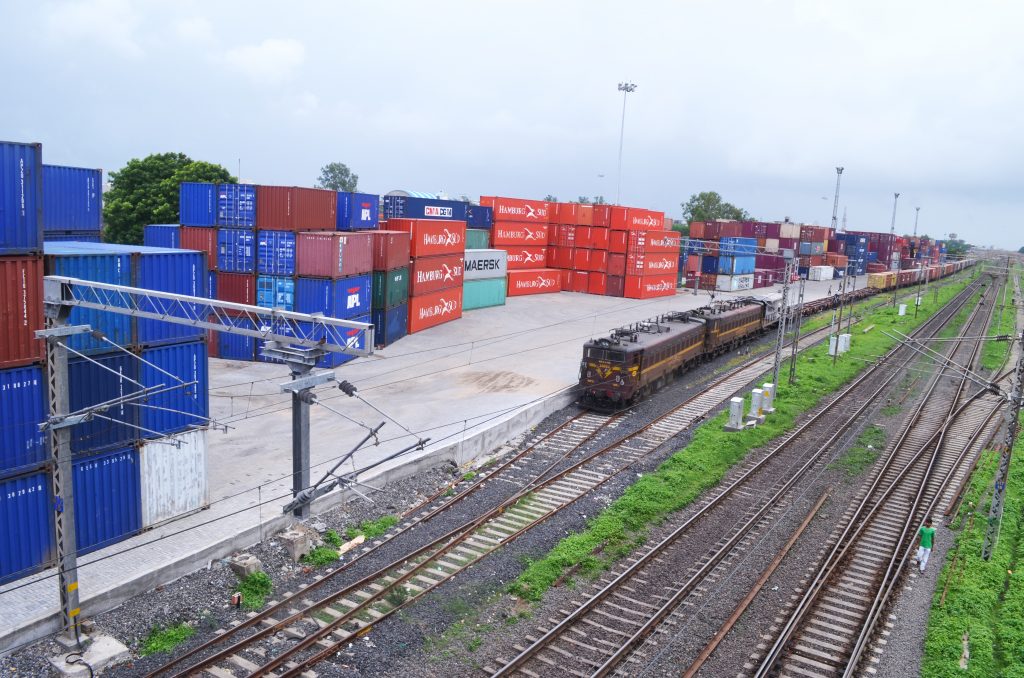Indian Railways looks to improve its balance sheet: In an attempt to end the current financial year with a better balance sheet, the Indian Railways has asked its “premium freight customers” — those who have a business of Rs 500 crore or more with the railways — to make advance payments for their 2020-2021 operations, according to a PTI report. Through a similar “Freight Advance Scheme” that offers its premium freight customers priority in rake allocation and tariff certainty, Indian Railways had raked in additional revenue of Rs 18,000 crore last year. According to the rules of the scheme, March 31, 2020, is the deadline for making advance payments to avail benefits for 2020-2021 fiscal.
Through the advance freight payment scheme, Indian railways will look to improve their operating ratio — the amount spent by the national transporter to earn Rs 100. Indian Railways’ operating ratio for 2018-19 was 96.2, which was slightly better than its operating ratio for 2018-18 which stood at a 10-year low figure of 98.4. In the Budget Estimates for 2019-2020, the target operating ratio was 95 per cent.
A senior railway official was quoted as saying that the Freight Advance Scheme offers benefits that the major customers would not get otherwise, and added that the move would not just ensure additional revenue but also help the Indian Railways build relationships. While confirming that letters to this regard had been sent out by zonal railways to encourage the premium freight customers to avail the scheme, the official said it would also help Indian Railways retain its major customers and ensure continued business.
Among entities that made advance payments to Indian Railways last fiscal, the National Thermal Power Corporation (NTPC) made an advance payment of Rs 15,000 crore, and CONCOR or the Container Corporation of India gave Rs 3,000 crore. The NTPC has a business of Rs 8,557 crore, and the CONCOR has a business of Rs 3,000 crore with Indian Railways. The report quoted sources as saying that two private entities had shown interest in the scheme for 2020-2021 and they would be signing the deal soon.
Around 50 freight customers conducted a business of Rs 500 crore or above with Indian Railways in the last calendar year and they had been recognised as the premium freight customers eligible for this scheme. Through freight loading, central and state government organisations generate the maximum revenue for Indian Railways.
Others on the Indian Railways’ Rs 500-crore plus premium customers’ list are private players like Ultratech Cement (Rs 2,773 crore), Jindal Steel and Power Limited (Rs 1,527 crore), Bhushan Steel (Rs 1,492 crore), Vedanta Limited (Rs 1,104 crore), Adani Power Maharashtra Ltd (Rs 798 crore) and Ambuja Cement (Rs 614 crore).
The South East Central Railway recently wrote to Adani Power Limited encouraging it to avail the scheme, the report said. The letter reportedly stated that as the company’s powerhouse needs a regular supply of coal via rail movement, it should consider making an advance payment towards freight to avail the benefits of the scheme. The letter stated that under the Freight Advance Scheme, Monday and Friday would be the designated days when higher priority would be accorded to the company within the same class to traffic. In case the company was unable to pay a minimum Rs 500 crore to the railways and wished to pay a lesser amount, it could do so and the same would be considered, the letter said.
Indian Railways officials said the department has set a target of raising at least Rs 18,000 crore for the current fiscal through this scheme. Similar letters are being sent by the railways to all its premium freight customers.





